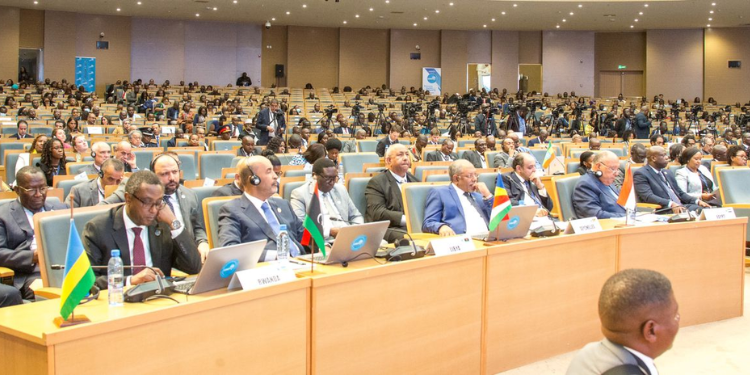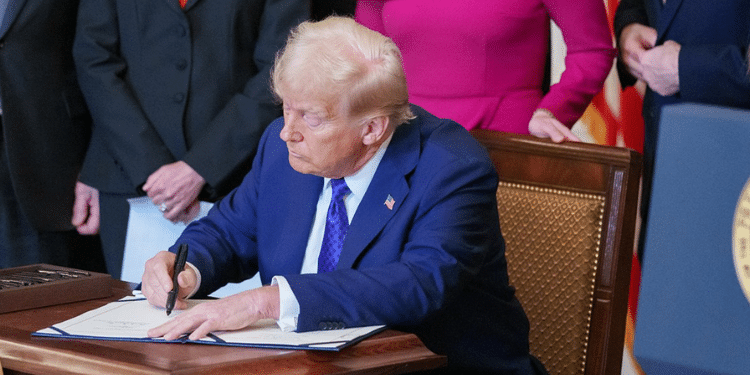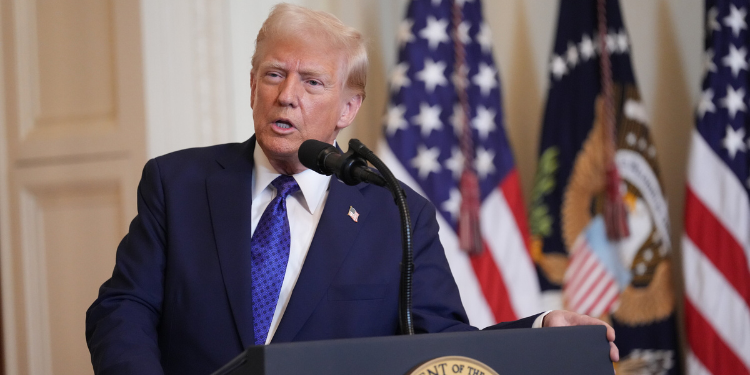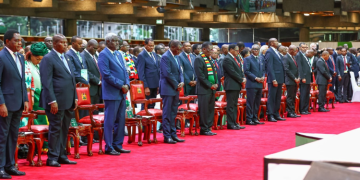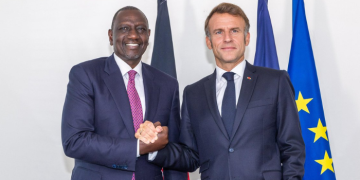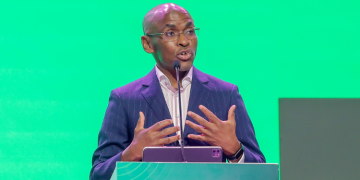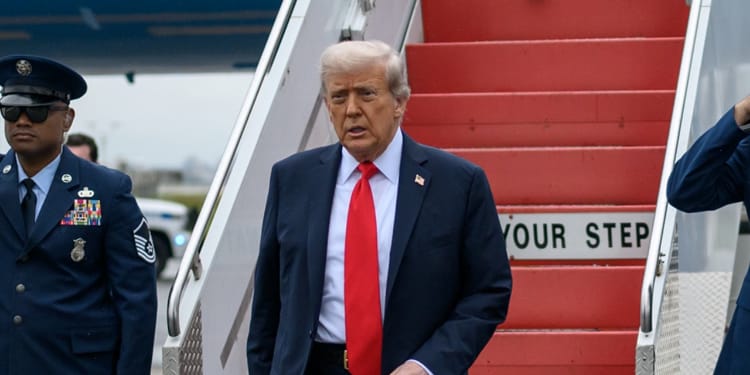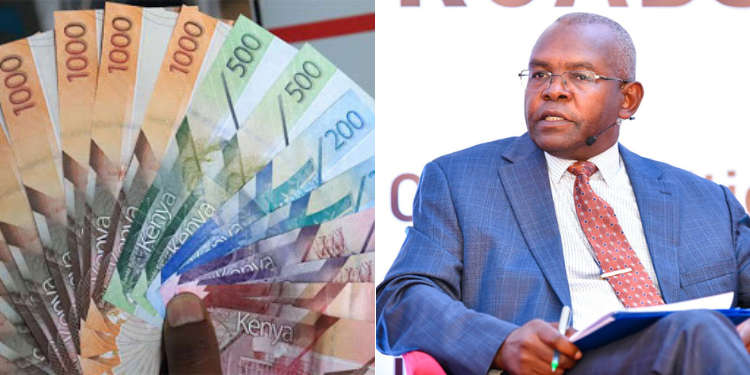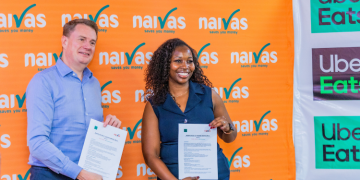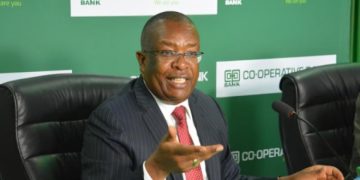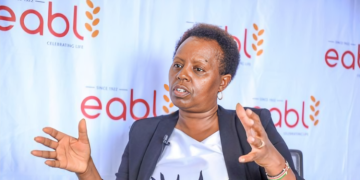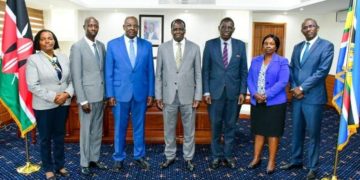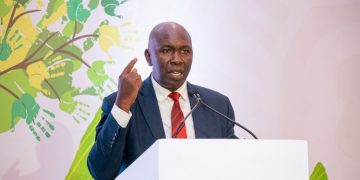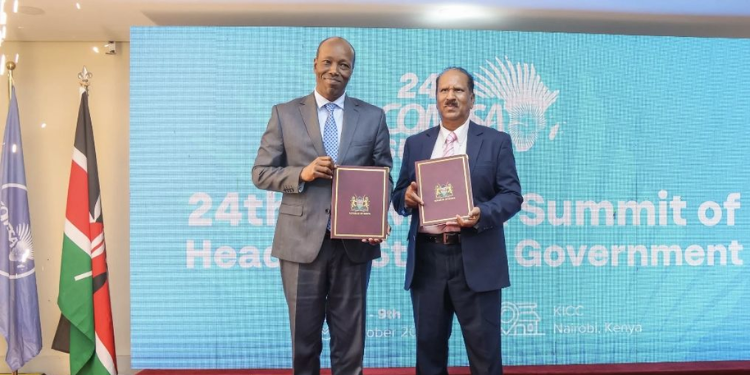Kenya is set to host the 24th Summit of the Heads of State and Government of the Common Market for Eastern and Southern Africa (COMESA).
The event, scheduled for October 9, 2025, at the Kenyatta International Convention Centre (KICC) in Nairobi, will convene leaders from across the 21-member regional economic bloc to discuss critical issues related to trade, digitalization, and industrial growth.
Themed “Leveraging Digitalization to Deepen Regional Value Chains for Sustainable and Inclusive Growth,” this year’s Summit marks a pivotal moment for both Kenya and the COMESA region, as countries strive to accelerate economic transformation.
Key on the Summit’s agenda will be a discussion on interventions needed to enhance the value of exports from member countries. For decades, Africa has exported raw materials, a pattern that stakeholders believe has eroded the value of African resources and weakened resilience.
COMESA seeks to end this cycle by connecting producers, traders, and investors across borders, ensuring that the first buyer, processor, or manufacturer of African goods is another African.
So far, the bloc has made strides by digitising trade processes, establishing One-Stop Border Posts, and adopting regional customs systems, making it easier for goods, services, and people to move seamlessly.
Additionally, there is a discussion about regional currencies and the use of the US dollar in trade, with a goal of simplifying cross-border payments, reducing transaction costs, and eventually building a harmonised regional settlement system that reflects Africa’s growing financial independence.
Kenya’s strategic role in the COMESA bloc
As host, Kenya is set to assume the rotating chairmanship of COMESA from Burundi, a role that will give the country a lead position in steering the bloc’s economic and trade agenda over the next year.
Also Read: Boost for Traders as Kenya and Uganda Agree to Scrap Cross-Border Taxes
Speaking during the signing of the Host Agreement on September 18, 2025, Cabinet Secretary for Investments, Trade, and Industry Lee Kinyanjui emphasized the importance of regional cooperation.
“Ás a region, we have made significant strides, including the recent entry into force of the COMESA-EAC-SADC Tripartite Free Trade Area which creates Africa’s largest integrated market,” he said.
Under its chairmanship, Kenya will prioritise several key regional goals, including:
- Expanding market access through the elimination of non-tariff barriers that restrict the movement of goods and services.
- Boosting cross-border infrastructure to link markets and reduce the cost of doing business.
- Promoting sustainability and green growth in line with regional climate goals.
- Enhancing food security through agriculture reforms and agro-processing value chains.
Intra-COMESA trade
Since its establishment in 1994, COMESA has evolved into one of Africa’s most prominent regional economic communities, fostering cooperation in trade, industrialization, infrastructure, and shared economic policies.
Intra-COMESA trade has recorded steady growth. Exports within the bloc rose from USD 10 billion in 2020 to USD 14 billion in 2023, representing a 40% increase over just three years. Despite this positive trajectory, intra-regional trade still accounts for a relatively small proportion of the bloc’s total trade, with many member states continuing to trade more with partners outside the region.
Countries with more diversified economies and established industrial bases — such as Egypt, Kenya, and Zambia — remain the key contributors to intra-COMESA trade flows.
Also Read: Why MPs Want Ruto to Extend US Trade Deal for Next 16 Years
Kenya remains a vital trading partner within the COMESA region. In 2023, the country recorded exports worth USD 2.18 billion to COMESA member states, giving it a 16% share of total intra-COMESA exports. Kenya has consistently posted a positive trade balance within the bloc, exporting more than it imports from member states.
Key destinations for Kenya’s exports within the COMESA region include Uganda, the Democratic Republic of the Congo (DRC), and South Sudan.
The country’s major exports to the region, on the other hand, include manufactured products such as cement, steel, plastics, and packaging materials, as well as processed foods like wheat flour, edible oils, and food preparations. Additionally, the exports include chemicals, lubricants, and textiles.
In return, Kenya imports a diverse range of goods from its COMESA partners. These include agricultural commodities such as maize, wheat, and sugar, as well as raw materials and mineral products, including cotton, hides, and skins, and manufactured goods, particularly paper, iron, and steel products.
Digitalization and value addition at the core of Kenya’s COMESA strategy
The 2025 Summit aligns with Kenya’s broader Bottom-Up Economic Transformation Agenda (BETA), which emphasizes inclusive growth, job creation, industrial development, and digital innovation. BETA’s five pillars — macroeconomic stability, value chain revitalization, infrastructure development, jobs and income generation, and social sector reforms — closely mirror COMESA’s goals for deeper economic integration.
Kenya’s digital economy, one of the most advanced in Africa, offers a model for transforming regional trade through e-commerce platforms, paperless trade systems, and smart logistics networks. The country’s ongoing investments in digital infrastructure, including the national digital superhighway and logistics platforms, are designed to enhance trade efficiency both within and beyond its borders.
Beyond regional diplomacy, hosting the COMESA Summit presents significant benefits for Kenya’s economy, both in the short term and the long term. Thousands of delegates from across Africa are expected in Nairobi, which is expected to provide a significant boost to hotels, restaurants, transportation services, and related sectors.
The summit will also serve as a key platform to:
- Attract new investments into Kenya’s manufacturing, ICT, agriculture, and logistics sectors.
- Strengthen bilateral and multilateral partnerships within the region.
- Promote Kenya’s leadership in regional and continental integration.
Follow our WhatsApp Channel and X Account for real-time news updates
